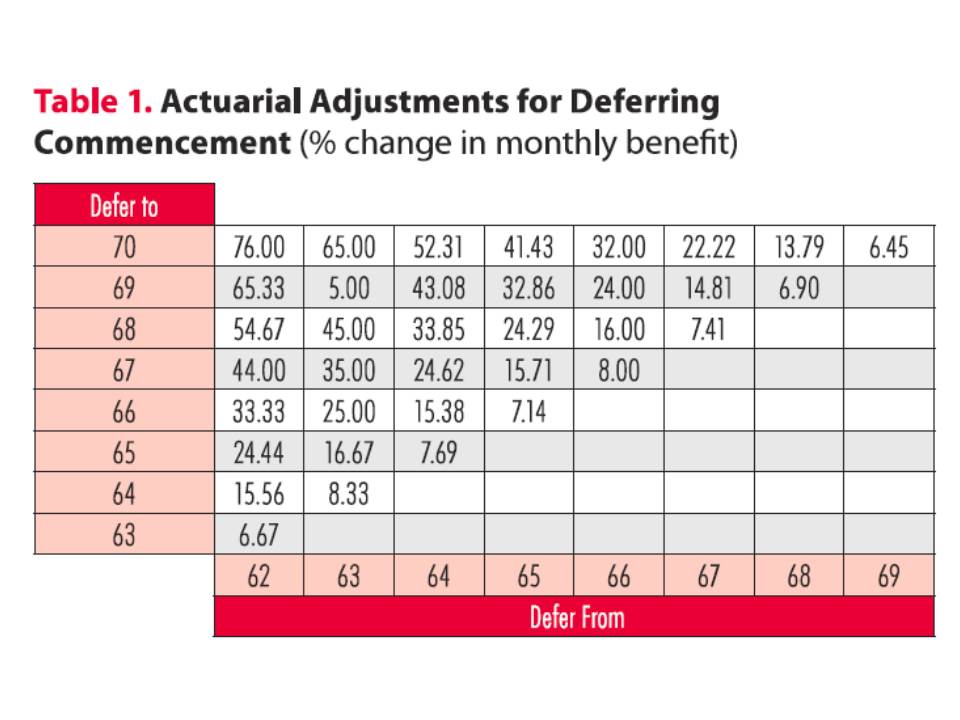- Joined
- Dec 6, 2005
- Messages
- 3,068
- Reaction score
- 3,248
So I just realized a fair number of dentists (mostly specialists) in my area are in their late 60's and entering their 70's in a year or 2.
I actually went out to lunch with some of these guys, and there is no sign of them slowing down. I guess they don't put their back into their work like they use to, but now mostly do it to stay mentally active or stay social.
I guess the same can also be said about the general population, as there are now more than 40 million people at age 65+ living in this country, and in 15 years that number is projected to be 70 million.
So, in 15 years, if the trend holds for dentists too, I could only imagine that we will have more dentists continuing to practice dentistry beyond age 70, and could leave the age distribution of dentists wide open.
I guess my original point was, if this observation is also seen throughout the country, as I certainly never planned on doing dentistry beyond age 60.
I actually went out to lunch with some of these guys, and there is no sign of them slowing down. I guess they don't put their back into their work like they use to, but now mostly do it to stay mentally active or stay social.
I guess the same can also be said about the general population, as there are now more than 40 million people at age 65+ living in this country, and in 15 years that number is projected to be 70 million.
So, in 15 years, if the trend holds for dentists too, I could only imagine that we will have more dentists continuing to practice dentistry beyond age 70, and could leave the age distribution of dentists wide open.
I guess my original point was, if this observation is also seen throughout the country, as I certainly never planned on doing dentistry beyond age 60.


